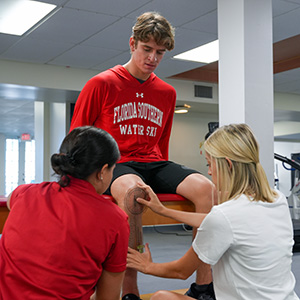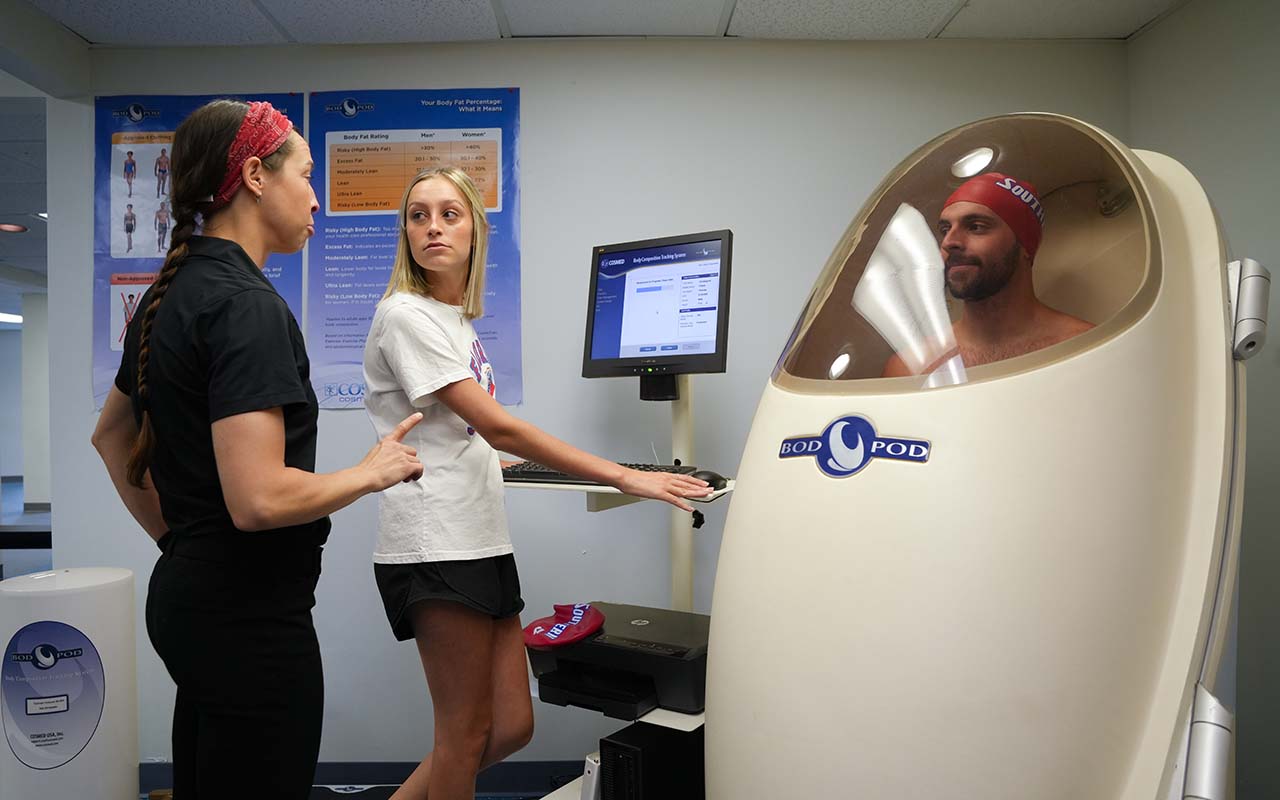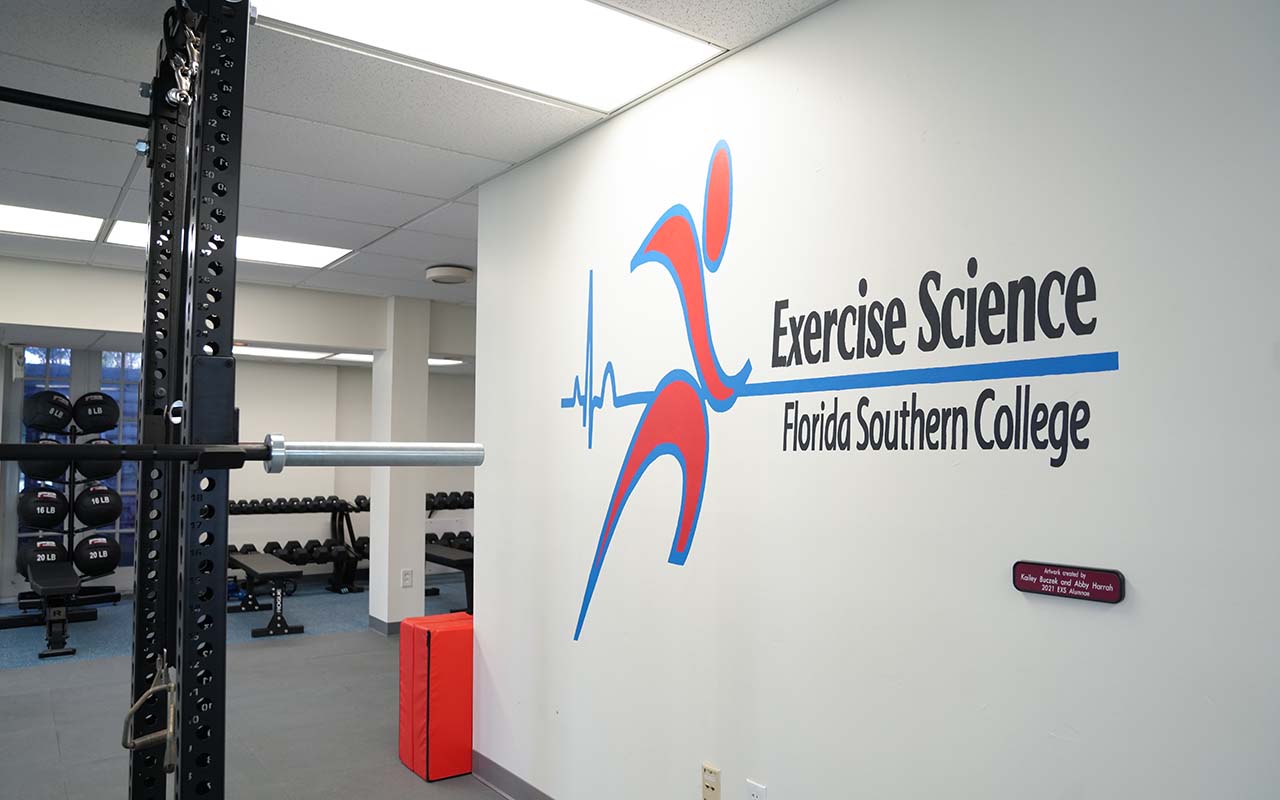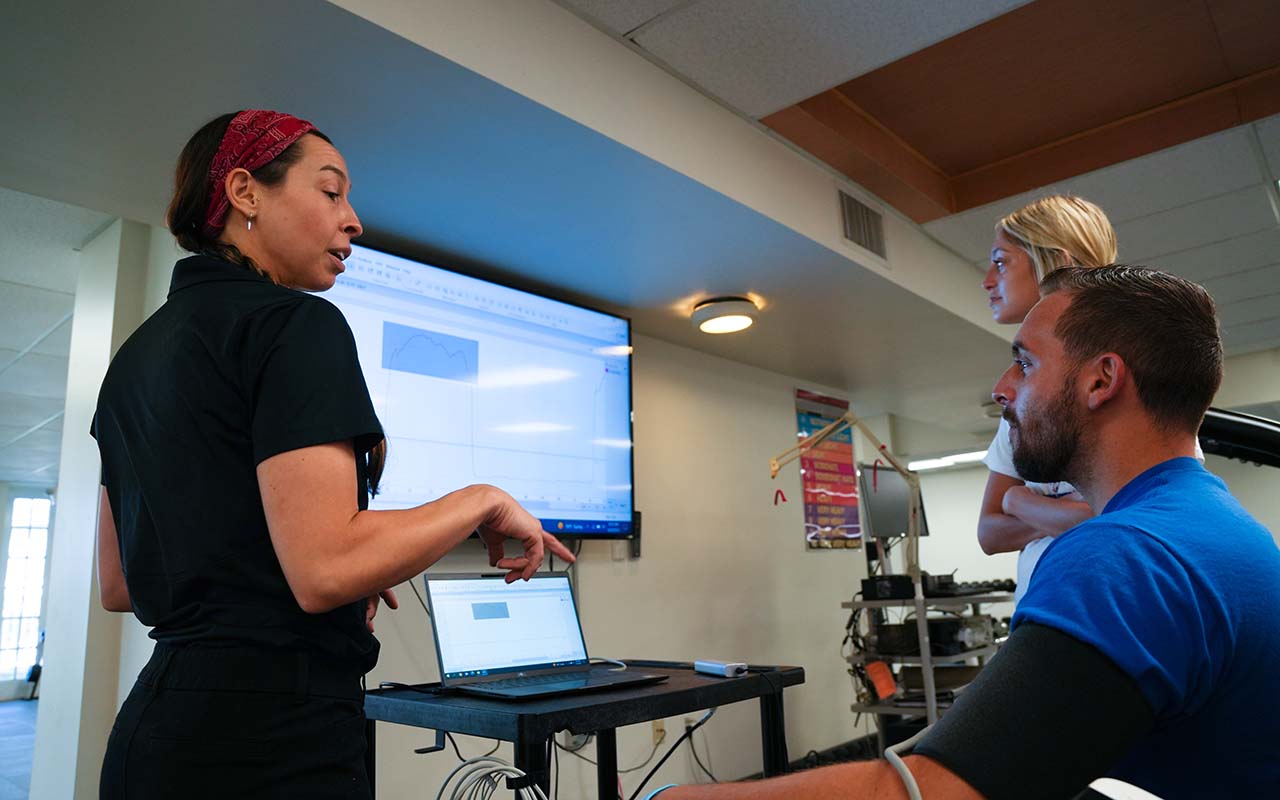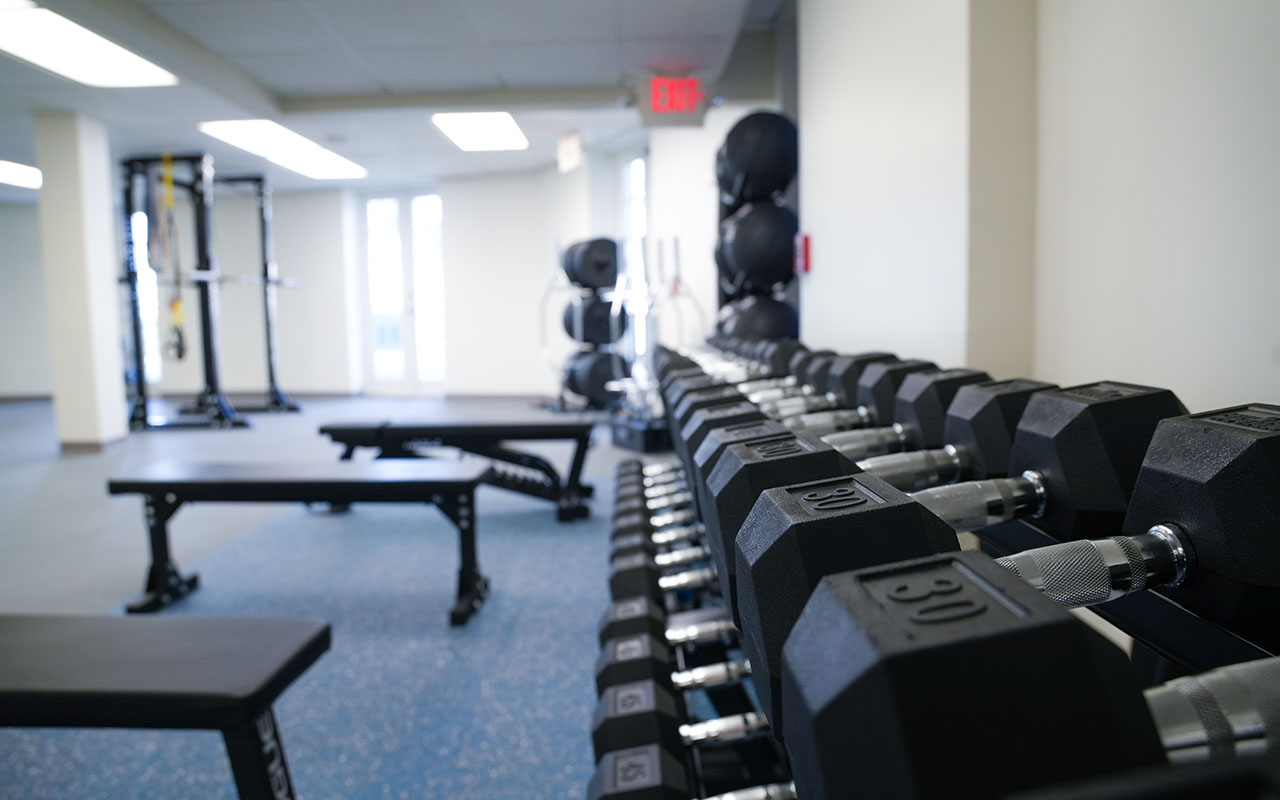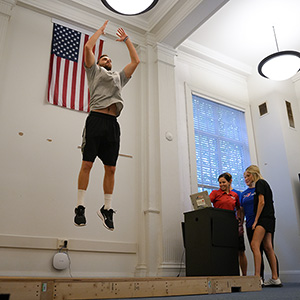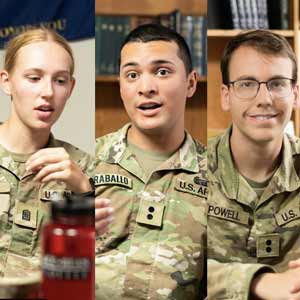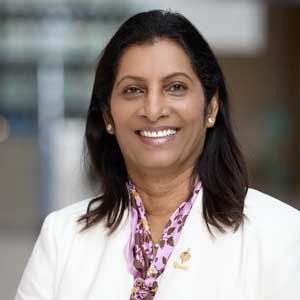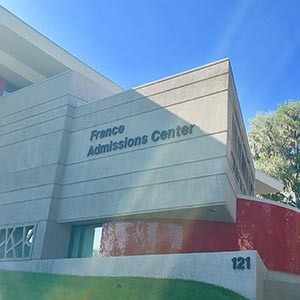Strong Mind, Strong Body.
Exercise Science is the study of the body's response to exercise and requires an understanding of anatomy, biomechanics, and exercise physiology. In our academic program, we emphasize physical activity, wellness, and disease prevention.
Students learn to conduct exercise assessments, structure exercise programs, promote fitness, and enhance quality of life for a diverse population. Students develop practical hands-on skills, critical thinking, and communication strategies needed to enter the workforce or make a seamless transition to graduate school.

The Florida Southern College undergraduate Strength and Conditioning Program is accredited by the Council on Accreditation of Strength and Conditioning Education (CASCE), a recognized authority in quality strength and conditioning education. This accreditation demonstrates our commitment to upholding the highest standards of quality and excellence in our strength and conditioning program. Our curriculum, faculty, and facilities have undergone rigorous evaluation to ensure that we provide students with the knowledge, skills, and practical experience necessary to excel in the field of strength and conditioning and keep athletes safe.
72%*
Certified Strength and Conditioning Specialist (CSCS) Exam Pass Rate
150
Students Enrolled
76.9%
Retention Rate
Class of 2024:
100%
of Students Accepted to Graduate School of Their Choice
*CSCS pass rate reflects data from 2014-2024. This does not reflect pass rate for students in the strength and conditioning concentration.
Why choose Exercise Science at FSC?
Healthcare is one of the country's fastest growing industries.
According to labor statistics, employment in health care occupations is projected to grow 15 percent from 2019 to 2029, much faster than the average for all occupations, adding about 2.4 million new jobs.
Attain National Certification
Our program is designed to prepare you to take the National Strength and Conditioning Association's (NSCA) Certified Strength and Conditioning Specialist (CSCS) exam, a nationally recognized and credible certification needed to enter the workforce.
Exceptional graduate school placement rate
Students applying for graduate programs are accepted at exceptional rates in programs such as Physical Therapy, Occupational Therapy, Athletic Training, Dietetics, Chiropractic, Strength and Conditioning, Physician Assistant, Exercise Physiology, and more.
Hands-on Experience
Learn to use metabolic testing equipment, heart rate monitors, blood pressure equipment, body composition assessment tools, motion analysis software, force plate analyzers, electromyography (EMG) sensors, cycle ergometers and sports performance testing equipment.
Experiential Opportunities
Engage in research with faculty, attend professional conferences, get involved in organizational clubs, conduct professional experiences within internship sites and develop professional networking opportunities.
Meet Our Mocs
Jay Caneus
Caden Kwiatkowski
Chase Thomas
Daniella Rincon Garcia
Devin Mantei
Emma Nieves
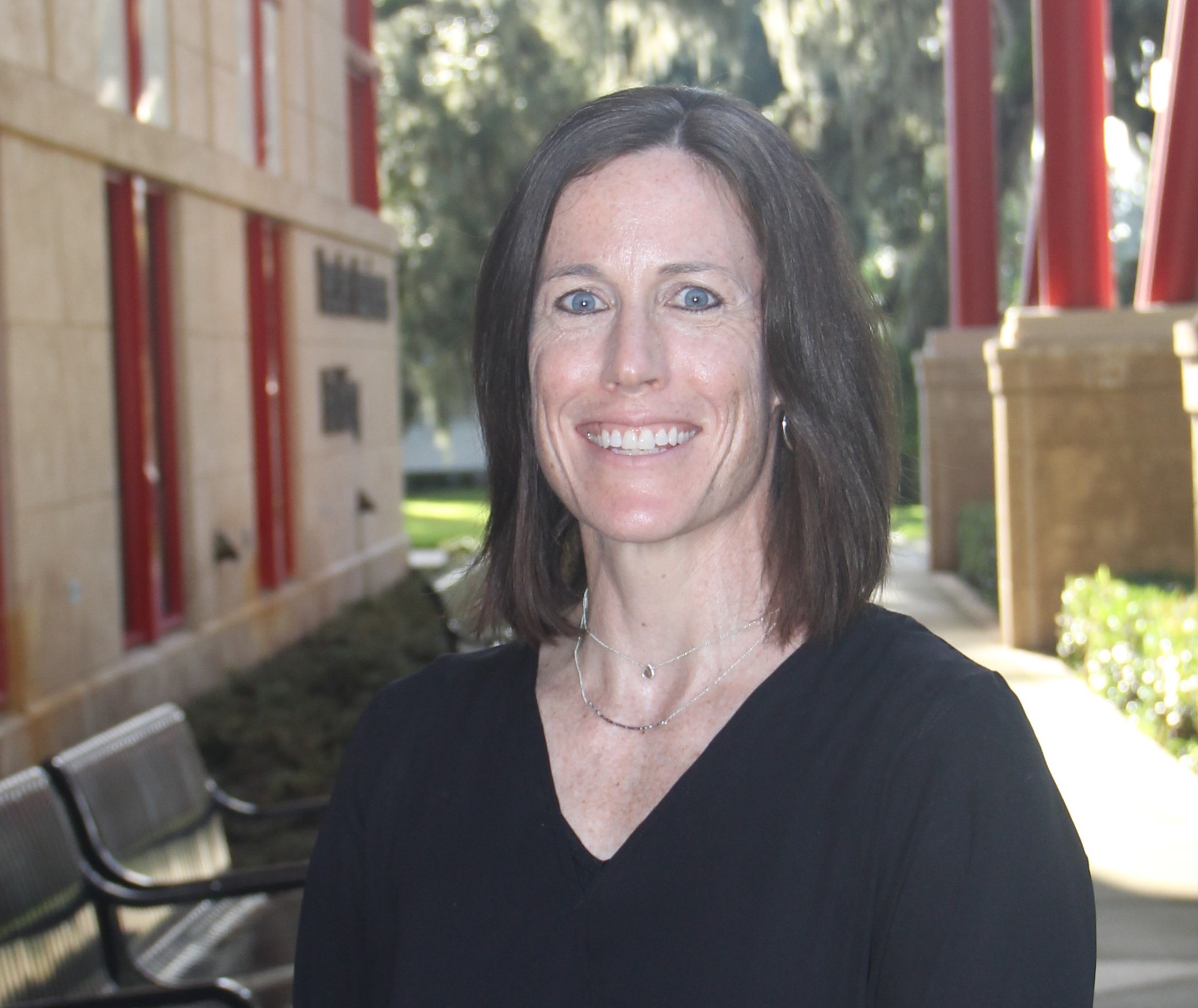
Featured Exercise Science Faculty
Sara Terrell
Clubs And More
Related Programs
Exercise Science Program Details
AVAILABLE IN:
BS
Minor
Admission Requirements
FIRST-YEARS
All freshman applicants to Florida Southern Colleges full-time degree programs must submit the following information:- A completed application form
- An official high school transcript
- SAT and/or ACT scores (unless applying Test-Optional)
- Academic recommendation
TRANSFERS
Applying to Florida Southern as a transfer student is easy.- A completed application form
- Personal statement
- All official college transcripts
- Social standing form
If transferring less than 24 credits, we also need your:
- Official high school transcript
- SAT and/or ACT scores
- Learn Moreabout transfer student requirements
INTERNATIONALS
Learn MoreADDITIONAL ADMISSION REQUIREMENTS FOR EXERCISE SCIENCE
- Students must be able to obtain transportation to clinical and applied experience sites. In some clinical situations, students may have to complete additional requirements such as, but not limited to: background check, fingerprinting, drug screening, proof of vaccinations, and HIPAA training.
Exercise Science Program Contact
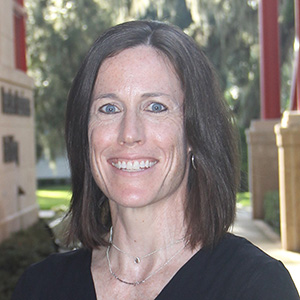 Sara Terrell, Ph.D.
Sara Terrell, Ph.D.
Associate Professor of Exercise Science
Exercise Science Program Director
Edge Hall
863.680.4436
